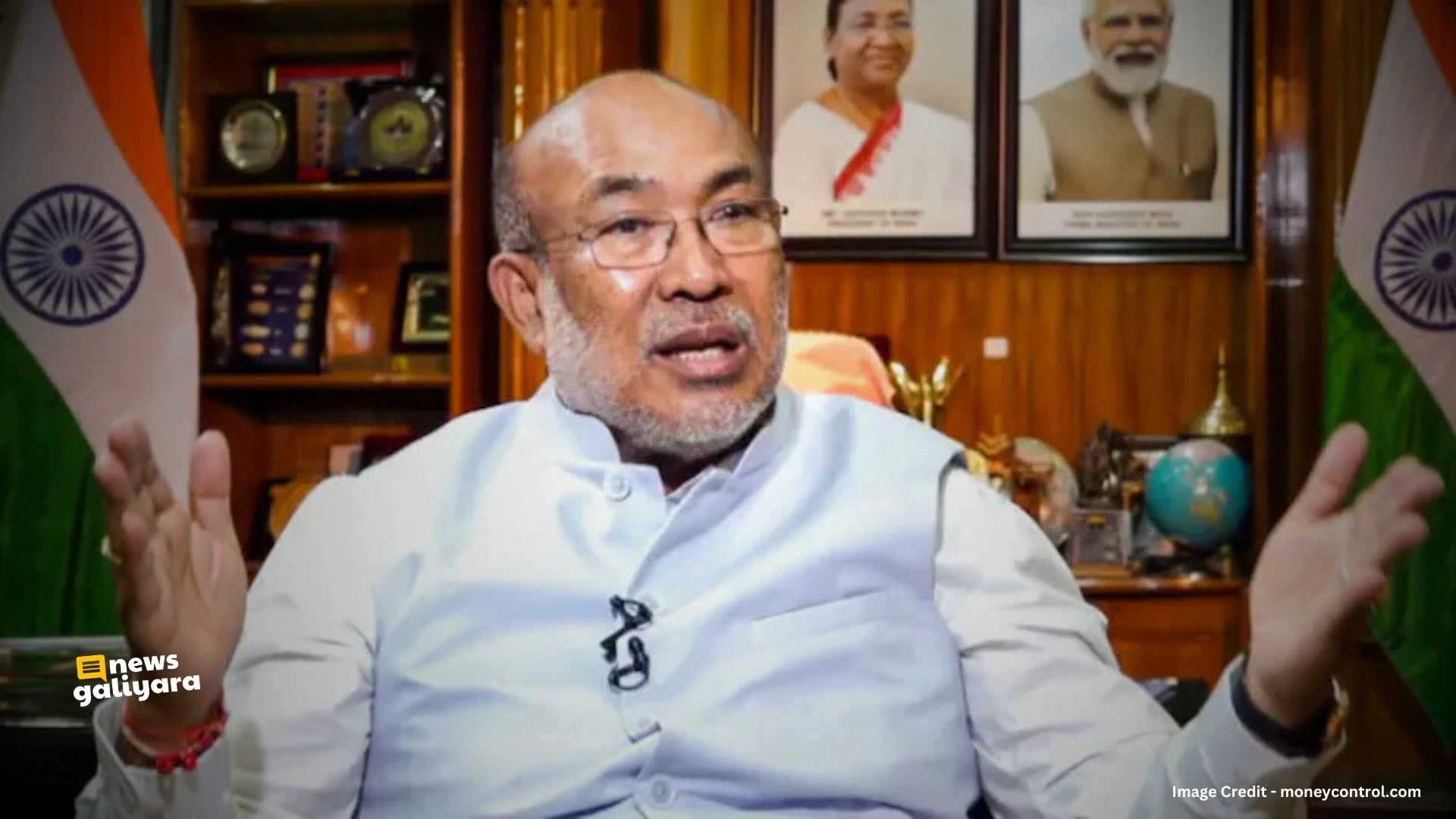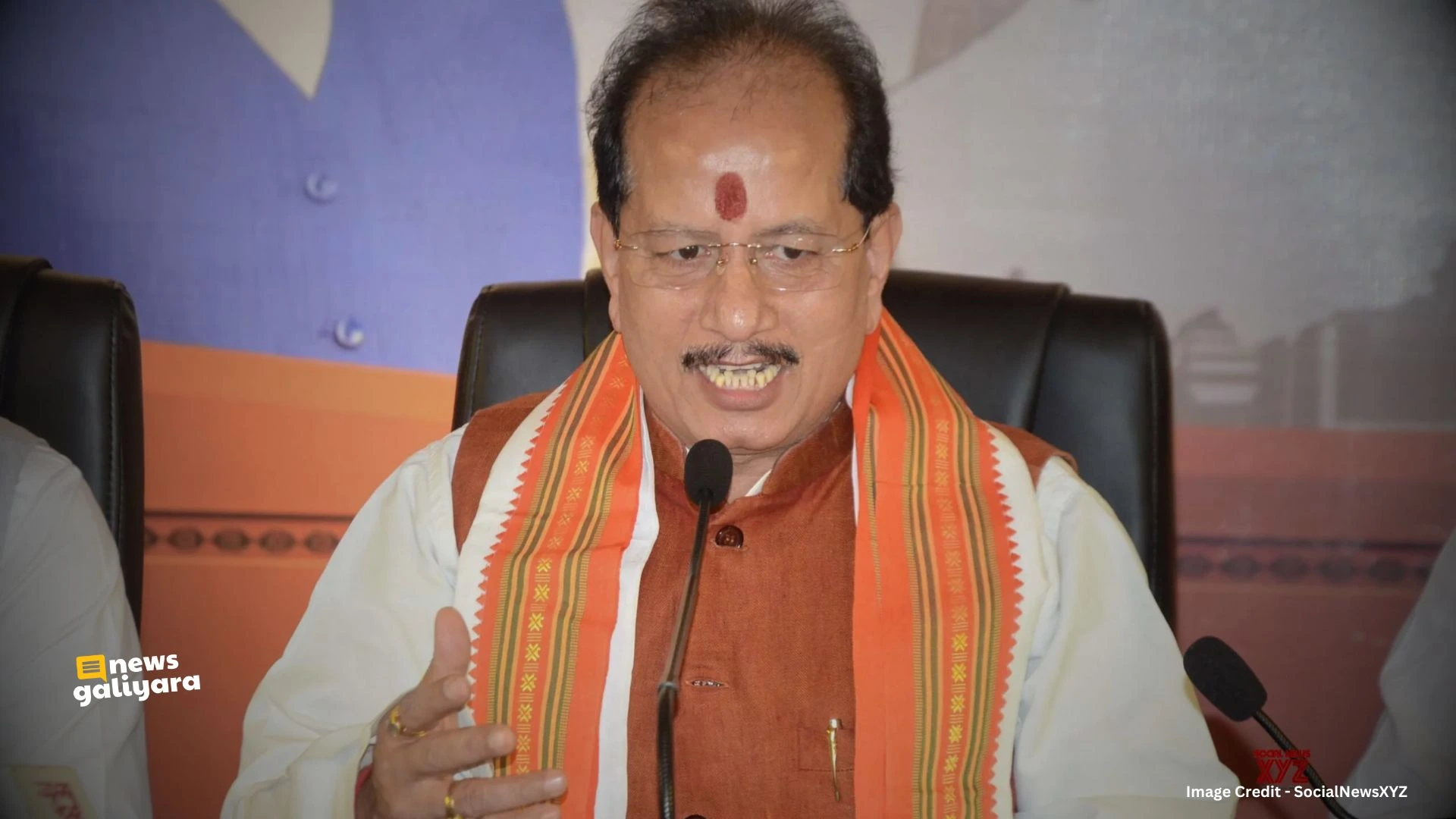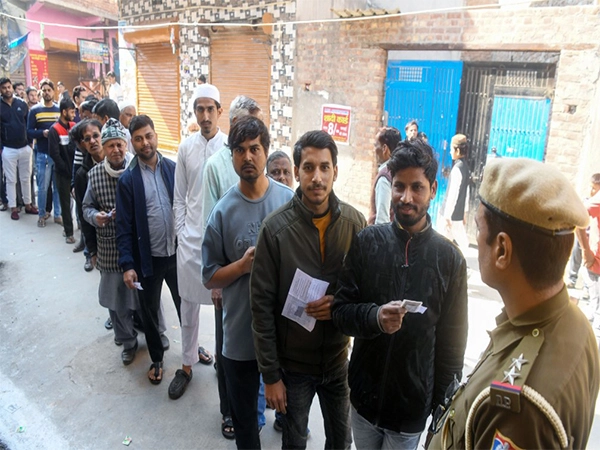In a dramatic turn of events, Manipur Chief Minister N. Biren Singh has tendered his resignation, sparking a wave of political reactions across the nation. Among the most vocal critics is senior Congress leader Rashid Alvi, who did not hold back in his assessment of the situation. According to Alvi, Singh’s resignation was long overdue, given the deteriorating law and order situation in the state.
Political Unrest Leading to Resignation
The political landscape in Manipur has been unstable for several months, with increasing dissent within the Bharatiya Janata Party (BJP) ranks. Reports suggest that more than 20 BJP MLAs were against Singh’s leadership, further pushing the demand for his removal. This internal opposition, combined with the worsening security situation, ultimately led to the chief minister stepping down.
Alvi, in his statement, questioned the BJP’s reluctance to act sooner. “Why was the Chief Minister not removed earlier when it was clear that the administration was failing?” he asked. This statement has fueled further debate on whether the BJP’s leadership was aware of the growing unrest but chose to delay action for political reasons.
Law and Order Concerns in Manipur
The law and order situation in Manipur has been a significant cause of concern. The state has witnessed violent clashes, ethnic tensions, and a breakdown in administrative control. Under Singh’s tenure, critics argue that security conditions steadily declined, making governance increasingly challenging.
Several political analysts believe that the delay in Singh’s resignation exacerbated the crisis. Ethnic conflicts between different communities, unresolved issues related to insurgency, and allegations of misuse of power have all contributed to the turmoil. Singh’s inability to address these issues effectively led to the erosion of his support base within the BJP itself.
Congress’ Strong Criticism of BJP’s Leadership
Congress leader Rashid Alvi’s remarks underline the opposition party’s criticism of the BJP’s governance in Manipur. He accused the ruling party of negligence, suggesting that their failure to act in time worsened the situation.
“BJP should now focus on appointing a competent leader who can bring Manipur back on the path of stability and development,” Alvi asserted. His statement highlights the urgent need for a strong administrative approach to resolve the state’s growing challenges.
What’s Next for Manipur?
With Singh’s resignation, the biggest question now is who will take charge of Manipur’s administration. The BJP must select a leader who not only commands the support of the party’s MLAs but can also restore law and order, promote peace among communities, and ensure economic growth.
Political experts speculate that the BJP high command is considering several names for the top post, with a focus on someone who can stabilize the government and regain public trust. The coming days will be crucial in determining Manipur’s political future.
Public Reaction and Future Prospects
The resignation of the Chief Minister has led to mixed reactions among the public. While some view it as a necessary step toward restoring governance, others believe it should have happened much earlier. Many citizens are now looking forward to a fresh leadership that prioritizes peace, security, and development.
Meanwhile, opposition parties, including Congress, are likely to use this political upheaval as a strong point against the BJP in upcoming elections. Rashid Alvi’s comments reflect the broader opposition strategy of highlighting BJP’s failures in managing internal conflicts within the party and the state.
The resignation of N. Biren Singh marks a significant political shift in Manipur. With the state facing several challenges, the BJP must act swiftly to appoint a capable leader who can address the issues of law and order, governance, and economic progress. Rashid Alvi’s strong criticism serves as a reminder that political accountability is crucial in maintaining public trust.
The coming weeks will be instrumental in shaping Manipur’s political and administrative future.




